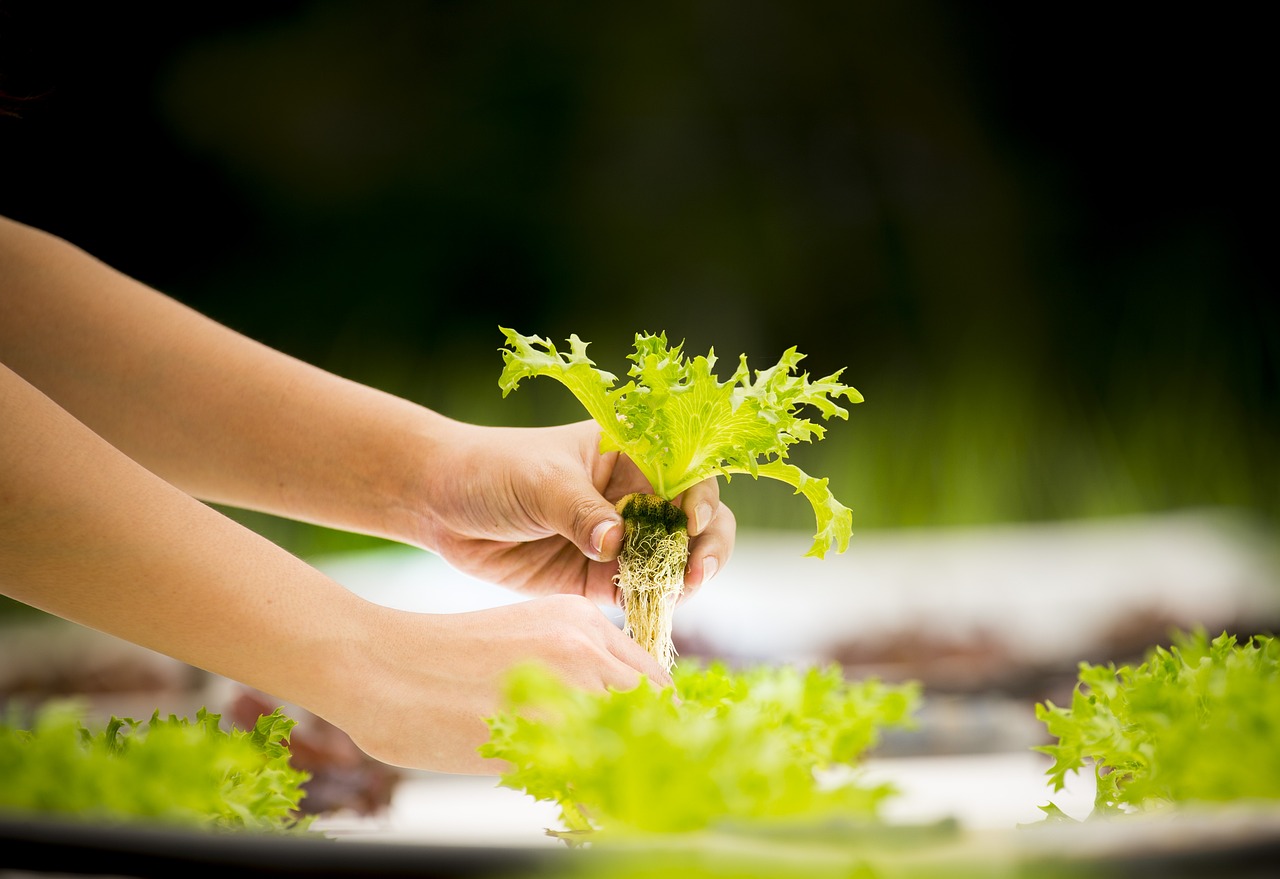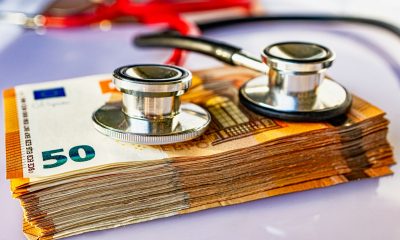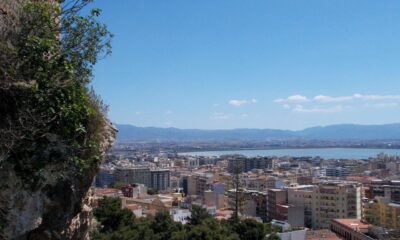Biotech
Ittinsect Biotech Startup Closes its €625,000 First Round
By the end of 2023, Ittinsect will have produced and delivered 1,500 tons of sustainable, nutrient-dense feed for aquaculture. The company will expand its existing product offerings, those for trout and sturgeon, with feeds for saltwater fish such as sea bass and sea bream, and new functional ingredients for inclusion in feeds for other fish species, including salmon and tilapia.

Ittinsect – Feed for the Ocean, a biotech startup developing the sustainable alternative to aquaculture feed, has closed its first capital raise of €625,000 in which CDP Venture Capital, through the Accelerators Fund, Katapult Ocean, Indico Capital Partners, LVenture Group, and two angel investors participated. This investment is in addition to a series of public awards and funding from, among others, the Lazio Region, bringing the startup’s raising to more than €750,000.
The investment raised will allow Ittinsect to further develop biotech research, making highly nutritious proteins extracted from insects and agricultural byproducts commercially accessible for use in aquaculture. “We are all working with a clear goal: to make aquaculture independent of marine resources, and thus even more sustainable than it already is. We are excited to welcome new investors on board our journey to zero-impact aquaculture on the sea,” said Alessandro Romano, CEO and founder of Ittinsect.
The goals of Ittinsect round
By the end of 2023, Ittinsect will have produced and delivered 1,500 tons of sustainable, nutrient-dense feed for aquaculture. The company will expand its existing product offerings, those for trout and sturgeon, with feeds for saltwater fish such as sea bass and sea bream, and new functional ingredients for inclusion in feeds for other fish species, including salmon and tilapia.
“If insect meal is to be adopted on a large scale there needs to be a significant improvement in its digestibility and bioavailability. Ittinsect directly addresses this challenge with its unique biotechnological treatment that makes insect meal a viable substitute for fishmeal in fish feeds in Europe and beyond,” said Ross Brooks, Partner at Norway’s Katapult Ocean fund, among the world’s most active impact investors.
The creation of alternative proteins
“Ittinsect is one of the most promising realities that we are seeing emerge from the nursery of startups selected in the programs of the National Accelerator Network, a network composed of hubs focused on markets with the greatest growth potential and connected to a system of corporate partners and investors,” Stefano Molino, Head of the Accelerator Fund of CDP Venture Capital Sgr, said on the sidelines of the deal.
How Ittinsect was created
The distance from Venice to Corfu, sailing along the eastern coast of the Adriatic, is approximately 750 nautical miles, almost 1,400 kilometers. You caress the beaches and bays of four countries, from Croatia to Albania, up to appearing on the Greek waters of the Ionian Sea. Two sailors decided to make the journey aboard a Tornado, a catamaran just over six meters long.
During this journey, which lasted 40 days, the young naval engineer, and future founder of the startup Ittinsect, Alessandro Romano, who left together with his friend Amerigo Guardigli, notices a disturbing detail: where there was intense fishing activity on the high seas, the presence of fish on the coasts was much more scarce.
Once the problem was identified, it was urgent to find the solution, i.e. an alternative to traditional flours. To develop his own project, the founder and CEO of Ittinsect enlist experts in the world of fish farming, experts, and marine biologists. “Our aim was to combine the protein value of the feed with a circular economy process,” underlineed Alessandro. “From this point of view, the solution lies in insects, able to feed on agricultural waste, which would otherwise have to be stored, and offer the animal proteins necessary for the animal feed industry. It is, therefore, possible to create a sustainable supply chain, capable of self-feeding and reducing overfishing”.
__
(Featured image by sippakorn via Pixabay)
DISCLAIMER: This article was written by a third party contributor and does not reflect the opinion of Born2Invest, its management, staff or its associates. Please review our disclaimer for more information.
This article may include forward-looking statements. These forward-looking statements generally are identified by the words “believe,” “project,” “estimate,” “become,” “plan,” “will,” and similar expressions. These forward-looking statements involve known and unknown risks as well as uncertainties, including those discussed in the following cautionary statements and elsewhere in this article and on this site. Although the Company may believe that its expectations are based on reasonable assumptions, the actual results that the Company may achieve may differ materially from any forward-looking statements, which reflect the opinions of the management of the Company only as of the date hereof. Additionally, please make sure to read these important disclosures.
First published in StartupItalia, a third-party contributor translated and adapted the article from the original. In case of discrepancy, the original will prevail.
Although we made reasonable efforts to provide accurate translations, some parts may be incorrect. Born2Invest assumes no responsibility for errors, omissions or ambiguities in the translations provided on this website. Any person or entity relying on translated content does so at their own risk. Born2Invest is not responsible for losses caused by such reliance on the accuracy or reliability of translated information. If you wish to report an error or inaccuracy in the translation, we encourage you to contact us.

-

 Business2 weeks ago
Business2 weeks agoDow Jones Near Record Highs Amid Bullish Momentum and Bearish Long-Term Fears
-

 Africa21 hours ago
Africa21 hours agoCameroon’s Government Payment Delays Exceed 200 Days, Straining Businesses and Public Finances
-

 Crowdfunding1 week ago
Crowdfunding1 week agoThe Youth Program at Enzian Shooting Club Is Expanding Thanks to Crowdfunding
-

 Crypto4 days ago
Crypto4 days agoTariff Turmoil Sends Bitcoin and Ethereum Lower as Crypto Markets Face Mounting Pressure
























